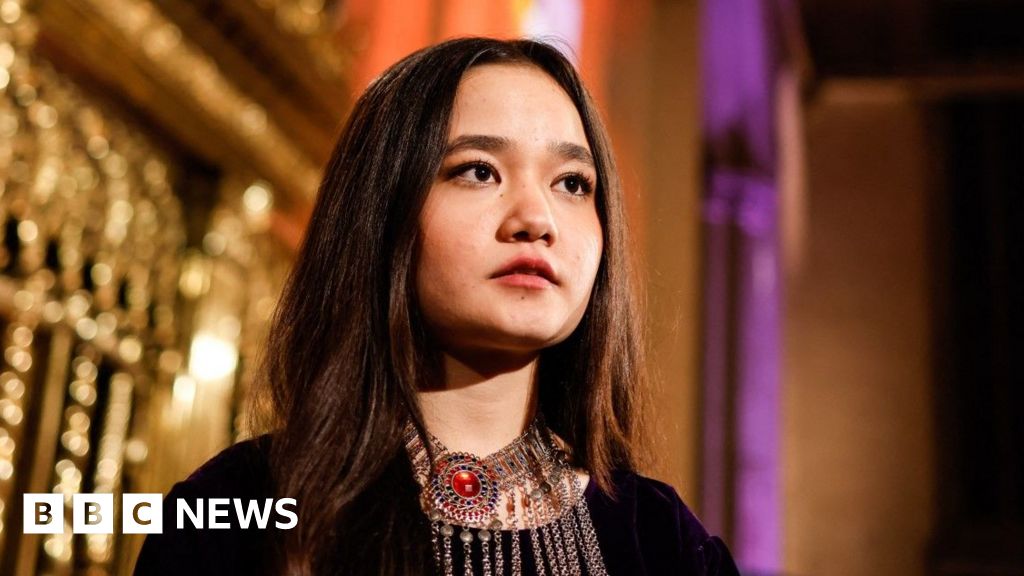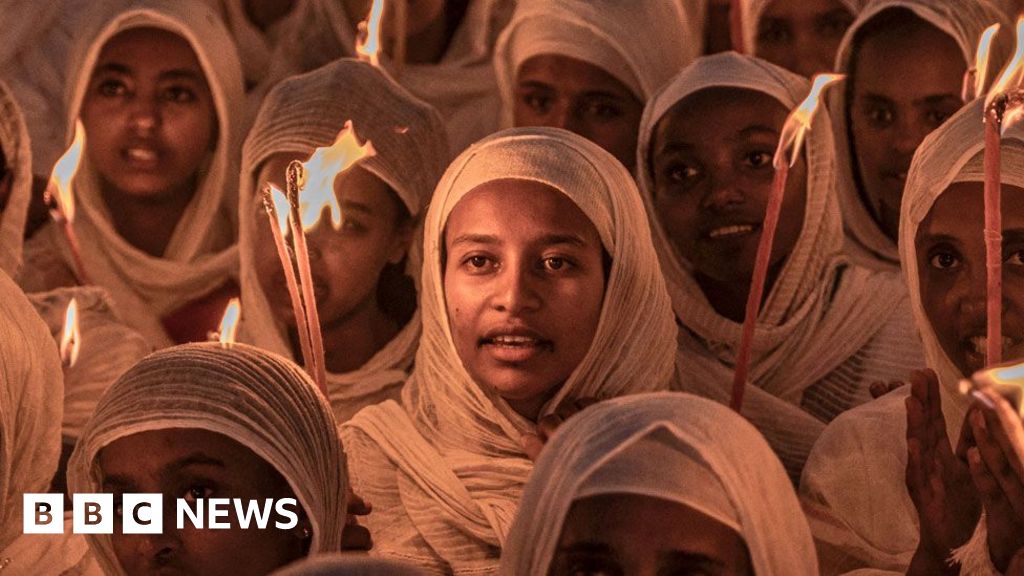The National Judicial Council (NJC) has set up a panel to investigate conflicting court rulings related to the political turmoil in Rivers State.
The protracted power struggle between Rivers State Governor Siminalayi Fubara and his predecessor, Nyesom Wike, currently serving as the Minister of the Federal Capital Territory (FCT), has created a complex crisis in the state. This has resulted in confusion and numerous court disputes, leading to conflicting decisions.
One notable case involves two conflicting decisions issued on the same day, September 30, by the Federal High Court in Abuja and the Rivers State High Court in Port Harcourt concerning local government elections scheduled for 5 October.
While the Federal High Court invalidated the election procedures and barred federal institutions, including the Independent National Electoral Commission (INEC) and security agencies, from supporting the election, the Rivers State High Court instructed the state’s independent electoral commission to proceed with the election.
PREMIUM TIMES learnt that the NJC, chaired by Chief Justice of Nigeria (CJN) Kudirat Kekere-Ekun, has formed a three-member panel led by a Court of Appeal Justice to investigate the circumstances surrounding the conflicting rulings.
Our reporter also gathered that the Chief Judges of both courts, along with the trial judges who issued the controversial decisions, will be required to appear before the panel.
In a departure from the typical long wait for the decisions of such investigative bodies, it was learnt that this panel is expected to conduct its hearings swiftly and announce its findings by the end of the week.
Nigerians need credible journalism. Help us report it.
Support journalism driven by facts, created by Nigerians for Nigerians. Our thorough, researched reporting relies on the support of readers like you.
Help us maintain free and accessible news for all with a small donation.
Every contribution guarantees that we can keep delivering important stories —no paywalls, just quality journalism.
Confirming the development to PREMIUM TIMES via telephone on Tuesday, NJC spokesperson, Kemi Babalola, said, “Yes, a panel has been set up. I will issue a statement once their investigation is complete.”
Concerns over conflicting court decisions
Conflicting court rulings are a recurring issue that significantly undermine public confidence in Nigeria’s judiciary.
Past Chief Justices of Nigeria (CJNs) have often expressed frustration over this problem and the public embarrassment it causes the judicial system. However, despite their commitments to address the issue, they have yet to implement effective solutions, leaving their promises unfulfilled.
The gale of conflicting and counter orders from the courts of coordinate jurisdictions became so intense that the CJN had to summon the chief judges of the courts to an emergency meeting.
The Nigerian Bar Association also criticised the lawyers and the judges who contributed to the crisis.
ook the opportunity to express his dissatisfaction with the situation, stating, “We have initiated the process of holding these errant judges accountable to ensure they face consequences for their reprehensible and unacceptable conduct.” But nothing happened till he retired in August.
The NJC last sanctioned judges for issuing conflicting court orders in December 2021, there have been a number of cases since then.
The NJC last took disciplinary action against judges for issuing conflicting court orders in December 2021, yet several cases have arisen since that time.
Recently, former President Goodluck Jonathan expressed concerns that the proliferation of conflicting court orders is ridiculing the judiciary and derailing democracy.
“This, if not checked, will ridicule the institution of the judiciary and derail our democracy,” Mr Jonathan, whose concerns stemmed from the conflicting court decisions concerning the Rivers State local government elections, said in a statement posted on X.
The case is part of a broader political feud between Governor Fubara of the Peoples Democratic Party (PDP) with Mr Wike.
The political tension between the two has stalled local government administration in the state.
Governor Fubara dissolved the elected local government chairpersons when their terms expired on 17 June 17 and appointed administrative heads to oversee the councils.
READ ALSO: UPDATED: Reps summon Wike, SSS DG over kidnappings, robberies in FCT
In response, 27 state lawmakers loyal to Mr Wike amended the local government administration law to extend the tenure of the chairpersons by six months, effectively stripping the governor of his power to appoint caretaker committees.
The political crisis escalated into violence in June when a police officer was killed during a clash between rival factions loyal to Messrs Fubara and Wike in Omuma Local Government Area.
The violence prompted the police to take control of the secretariats in all 23 local government areas, preventing the newly appointed caretaker committees from assuming office.
Support PREMIUM TIMES' journalism of integrity and credibility
At Premium Times, we firmly believe in the importance of high-quality journalism. Recognizing that not everyone can afford costly news subscriptions, we are dedicated to delivering meticulously researched, fact-checked news that remains freely accessible to all.
Whether you turn to Premium Times for daily updates, in-depth investigations into pressing national issues, or entertaining trending stories, we value your readership.
It’s essential to acknowledge that news production incurs expenses, and we take pride in never placing our stories behind a prohibitive paywall.
Would you consider supporting us with a modest contribution on a monthly basis to help maintain our commitment to free, accessible news?
TEXT AD: Call Willie - +2348098788999

















 English (US) ·
English (US) ·